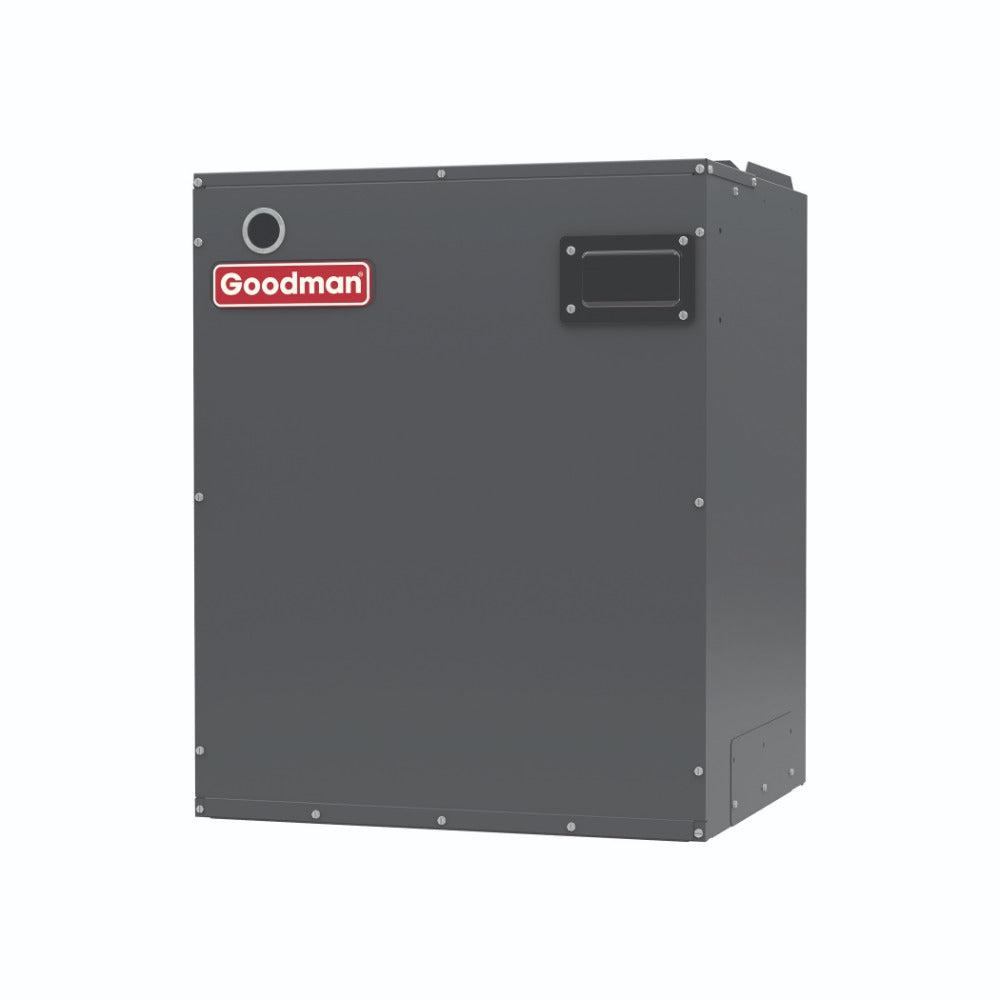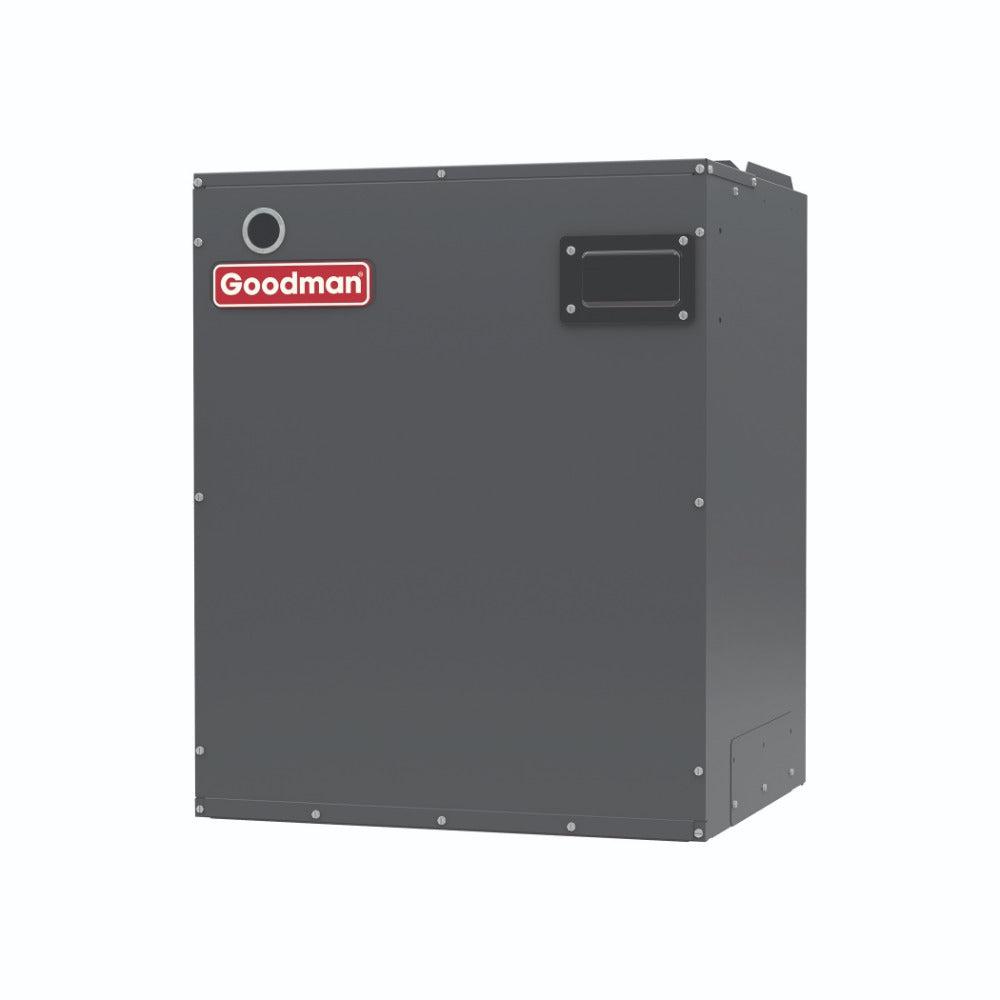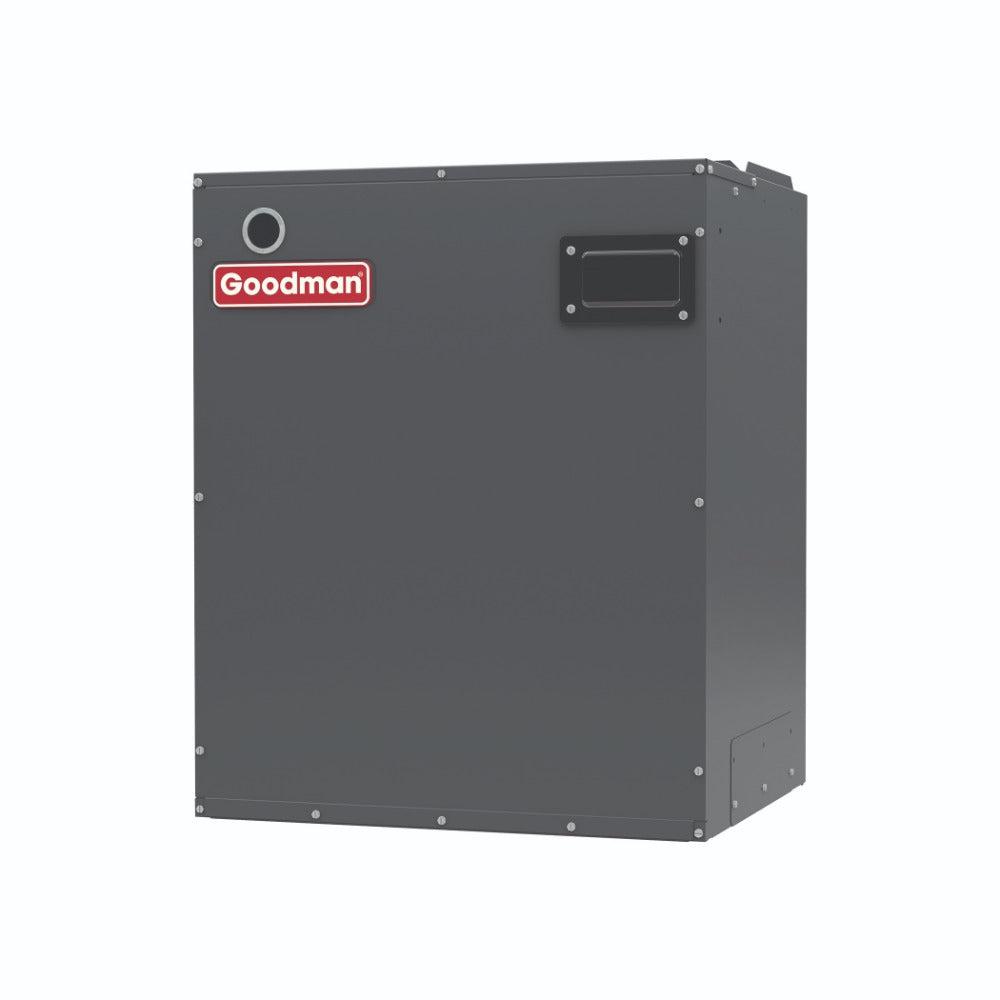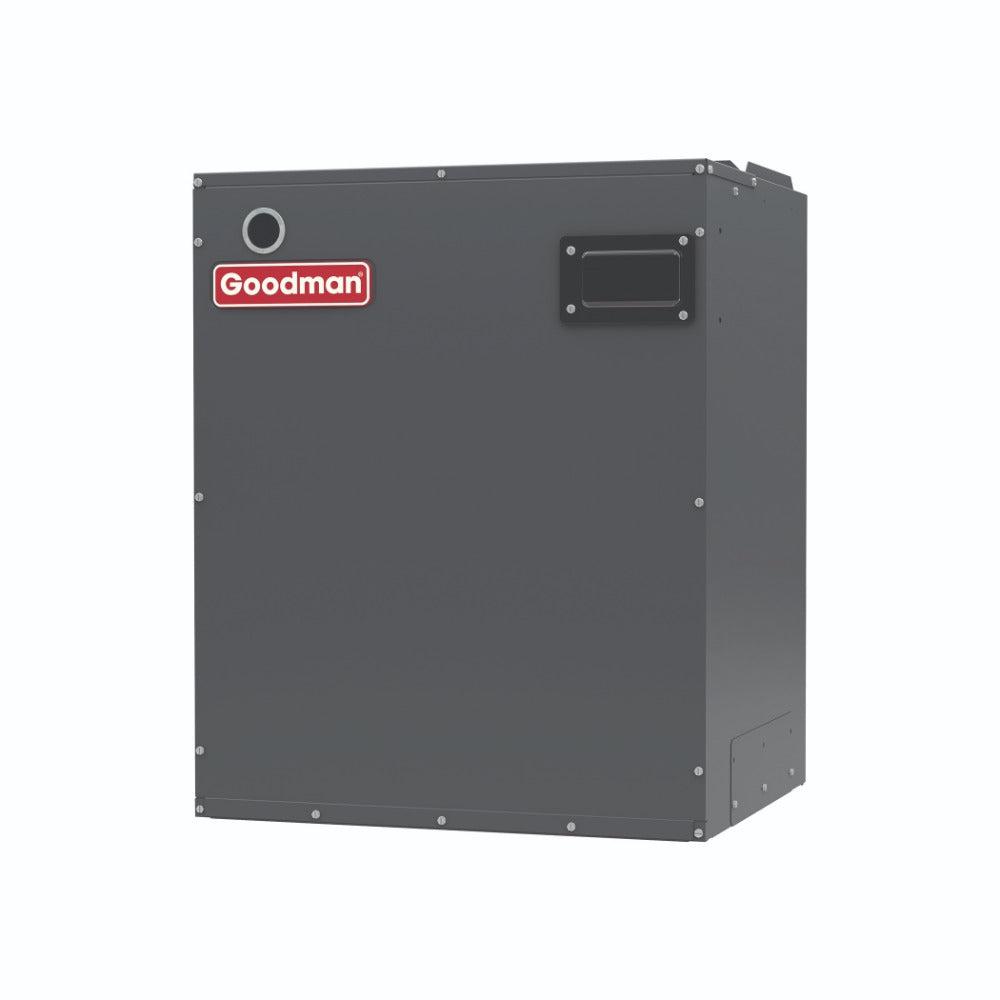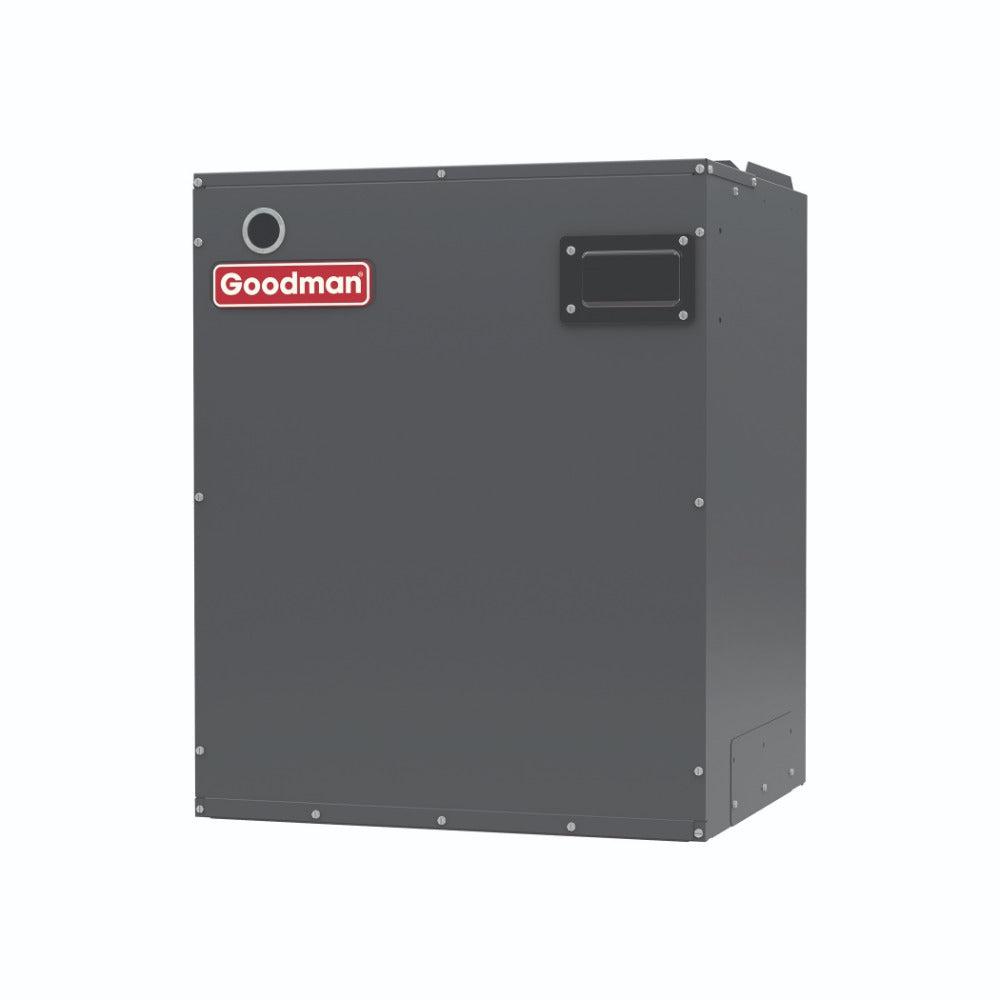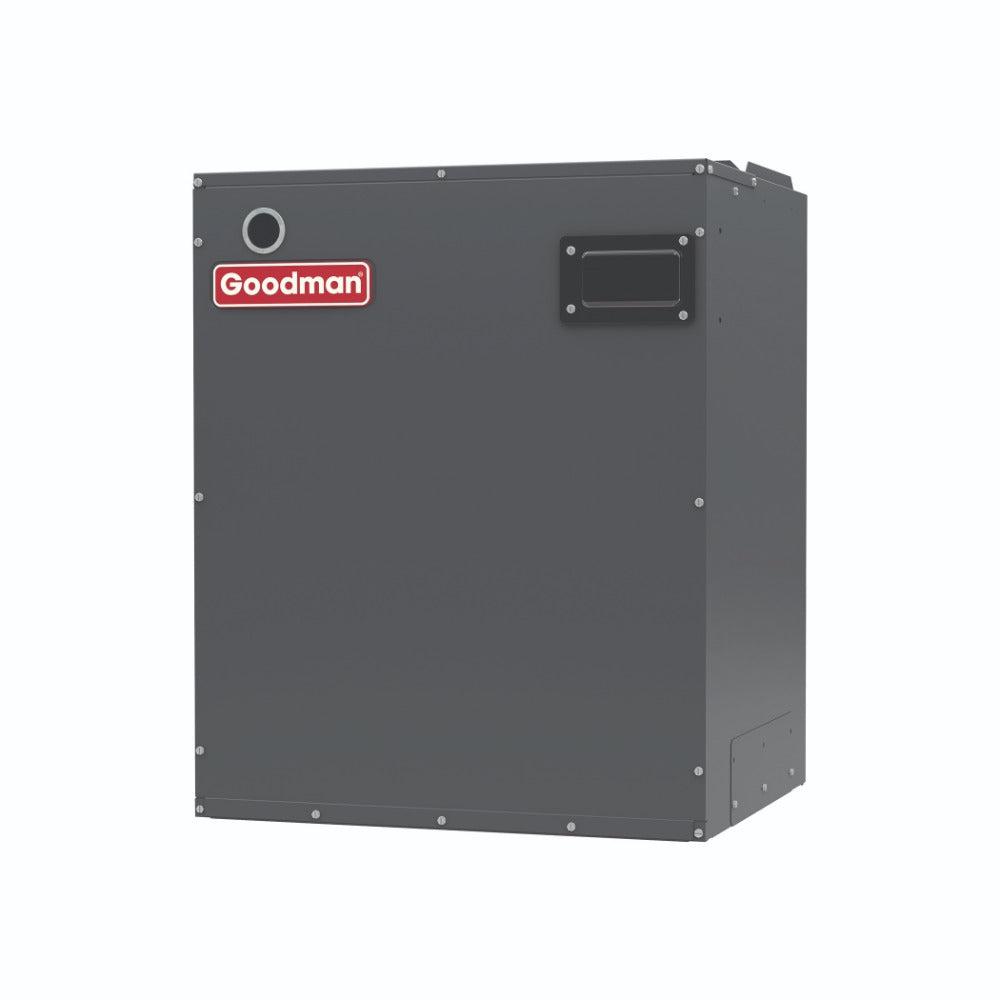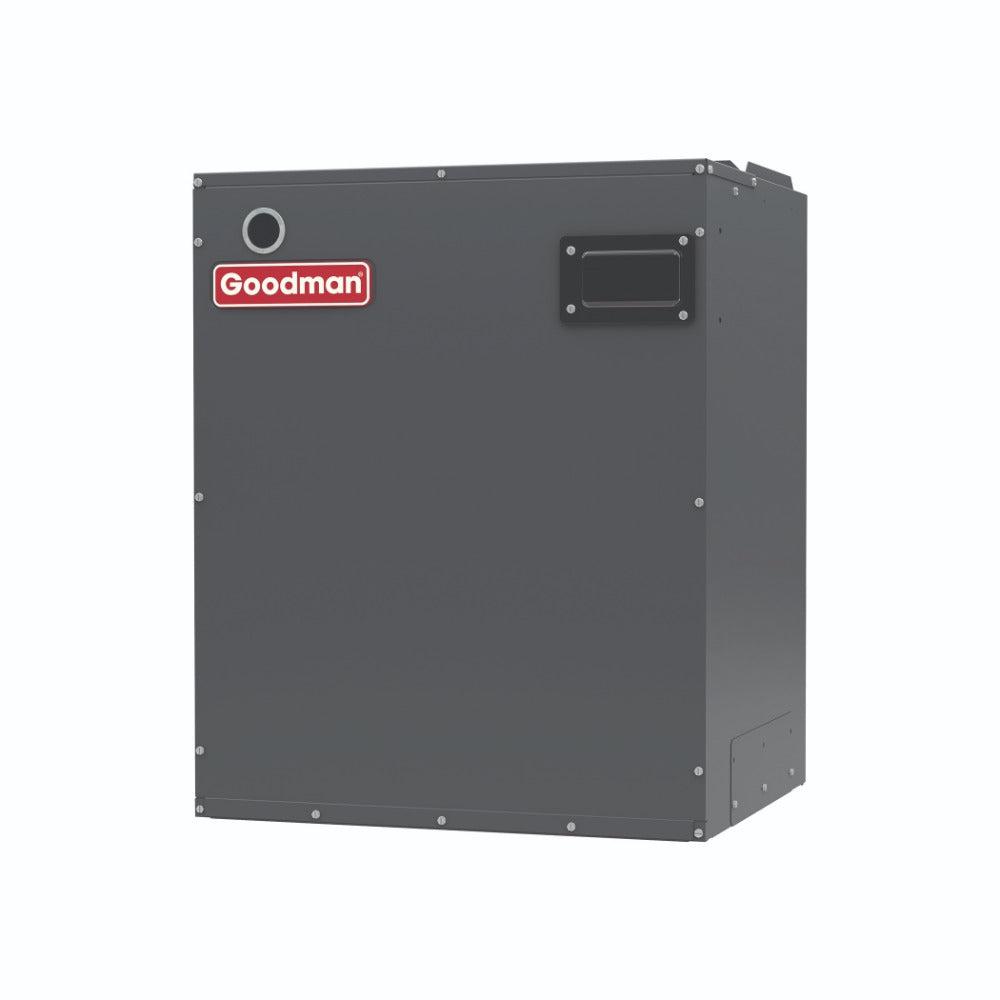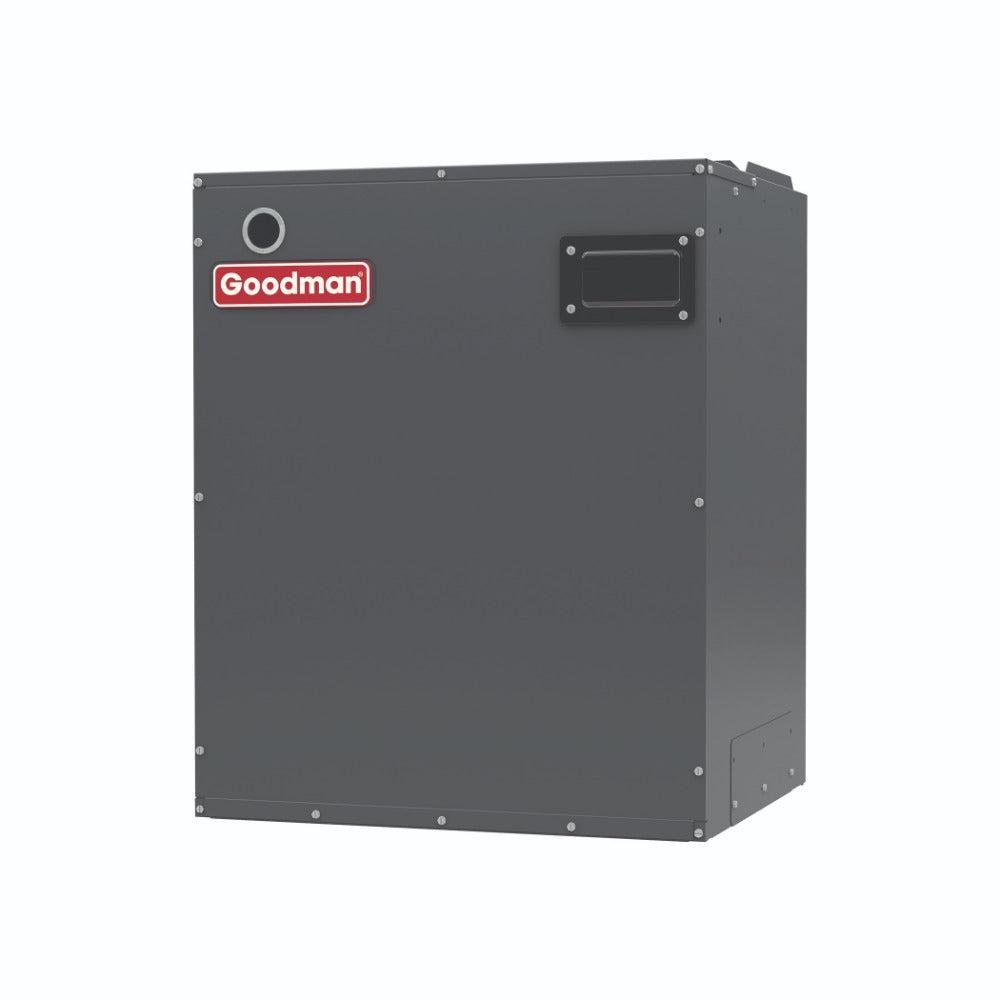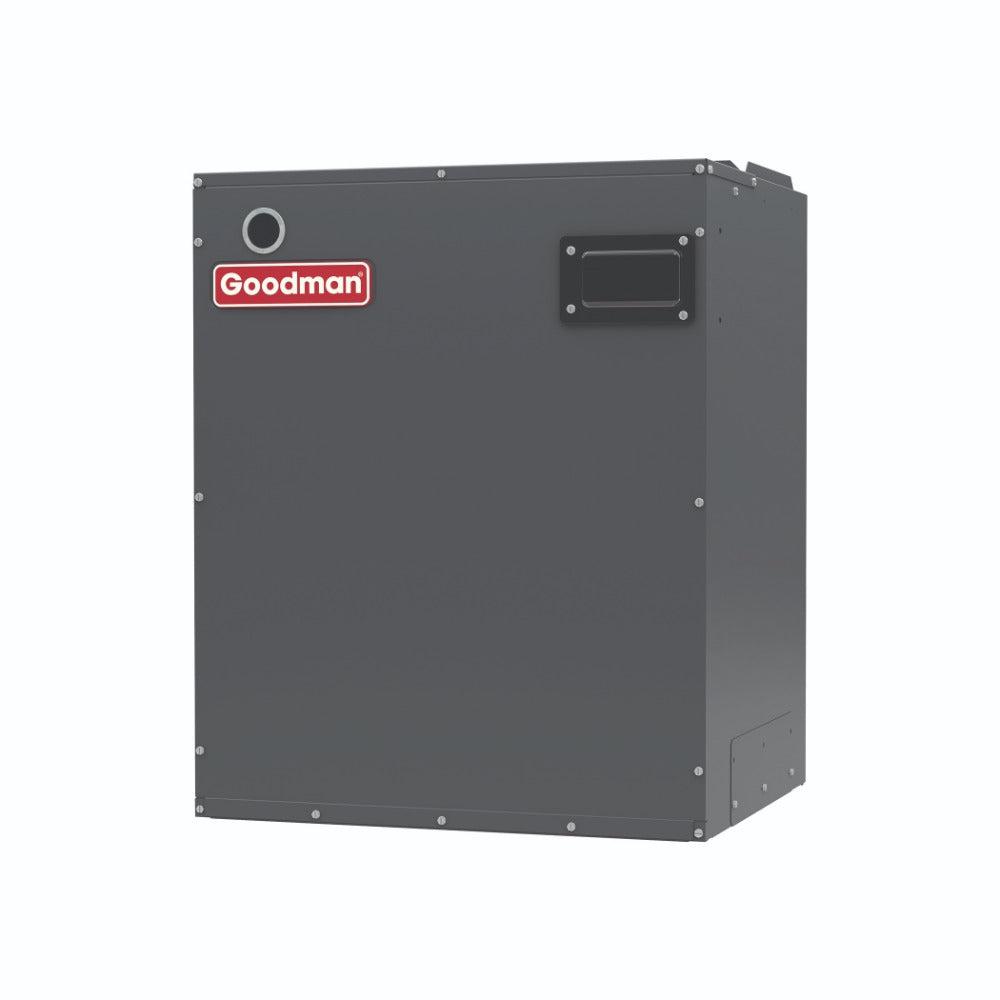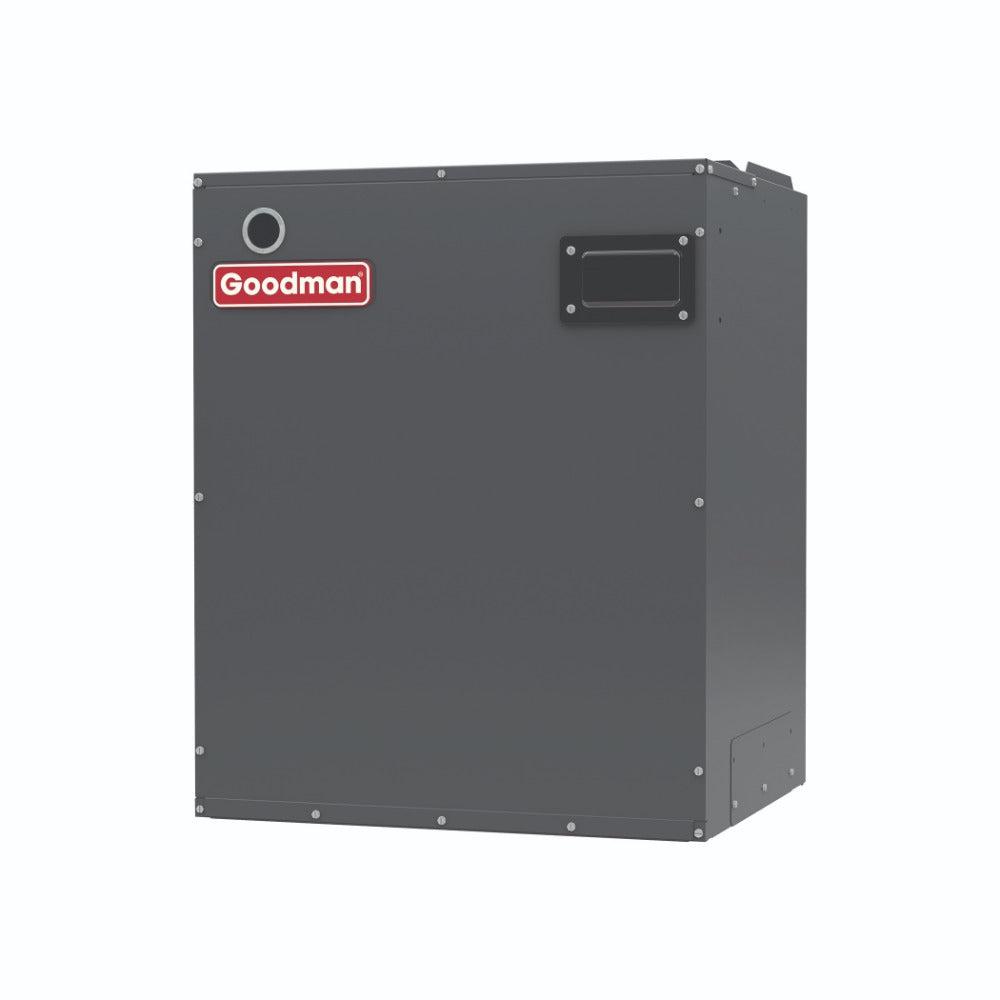Best Electric Furnaces
10 products
Showing 1 - 10 of 10 products
When comparing electric furnaces to other types of heating systems, such as gas and oil furnaces, there are several key factors to consider: energy efficiency, cost, safety, environmental impact, maintenance, and performance.
1. Energy Efficiency:
Electric furnaces are generally more efficient than gas and oil furnaces in terms of converting energy into heat. They typically have an Annual Fuel Utilization Efficiency (AFUE) rating of nearly 100%, meaning almost all the electricity used is converted into heat. In contrast, gas furnaces typically have AFUE ratings between 80% and 98%. However, while electric furnaces are more efficient, the cost of electricity can often make them more expensive to operate than gas furnaces, especially in regions where electricity rates are high.
2. Upfront and Operating Costs:
- Upfront Costs: The most popular size 20 KW Electric Furnace tend to have lower upfront costs compared to gas furnaces due to simpler installation requirements. There’s no need for venting or gas lines.
- Operating Costs: Electric furnaces can have higher operating costs due to the price of electricity, which is typically more expensive per unit of energy compared to natural gas. Gas furnaces, though less efficient, tend to be cheaper to run in areas with low natural gas prices.
3. Safety:
Electric furnaces are considered safer because they don’t burn fuel. This eliminates the risk of carbon monoxide leaks, explosions, or fire hazards associated with gas or oil furnaces. Gas furnaces, while generally safe, do carry these risks if not properly maintained.
4. Environmental Impact:
Electric furnaces produce no direct emissions, making them cleaner than gas or oil furnaces, which release carbon dioxide and other pollutants when burning fossil fuels. However, the overall environmental impact of an electric furnace depends on how the electricity is generated. If the electricity comes from renewable sources like wind or solar, electric furnaces are much greener than gas alternatives. In contrast, electricity generated from coal or natural gas diminishes these environmental benefits.
5. Maintenance and Longevity:
Electric furnaces tend to require less maintenance because they have fewer moving parts and no combustion process. This can result in a longer lifespan—often 20 to 30 years—compared to gas furnaces, which usually last 15 to 20 years. Gas furnaces require regular checks for leaks, burner cleaning, and pilot light maintenance.
6. Performance and Comfort:
Gas furnaces tend to provide stronger and faster heat compared to electric furnaces, particularly in very cold climates. They produce higher heat output and can warm a space more quickly. Electric furnaces, while efficient, can take longer to heat a home in extremely cold conditions and may not perform as well in larger homes or colder regions.
Conclusion:
Electric furnaces offer benefits in terms of energy efficiency, safety, and lower maintenance, making them ideal for certain climates, homes, and preferences. However, gas furnaces often win in terms of operating costs and heat output, especially in colder climates or areas where gas prices are low. The choice between electric and gas largely depends on your specific needs, energy costs, and environmental priorities.
